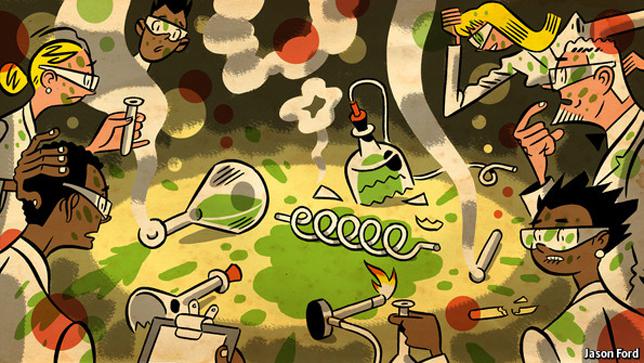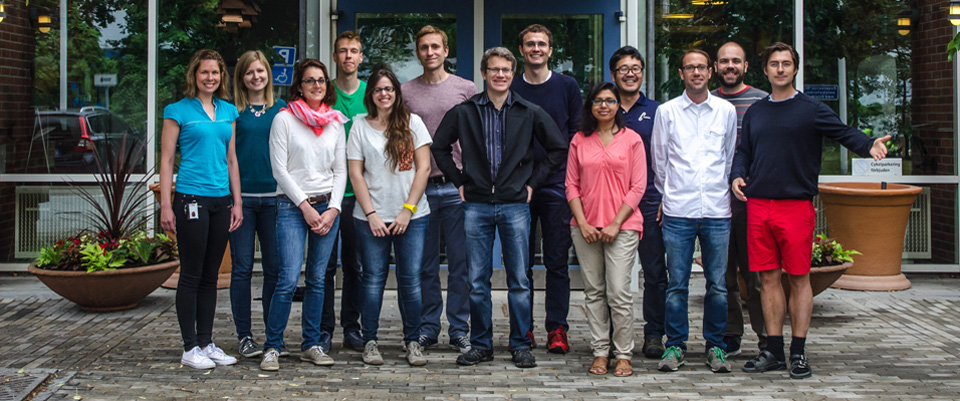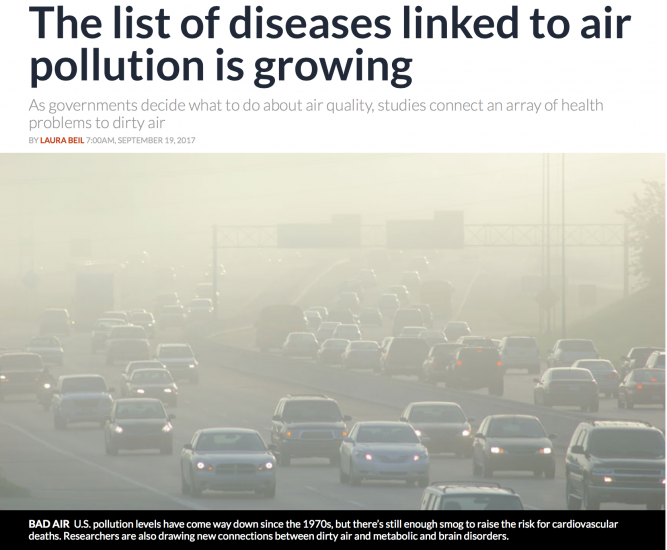Blog Category Research
The list of diseases linked to air pollution is growing
According to WHO estimates, 235 million people suffer from asthma, creating a substantial burden to individuals and families and restricting individuals’ activities for a lifetime. Asthma is the most common chronic disease among children. The California EPA Air Resources Board reported that ∼11.9% of Californians - 3.9 million children and adults - have been diagnosed with asthma. Nearly 667,000 school-aged children in California experience asthma symptoms annually. Now in addition to these numbers, it has become clear that the harmful effects of air pollution extend beyond just the lungs. When will society prioritize the clean air we need to maintain our health?
Is science loosing its way??
The rage over reproducibility in science continues. I must admit that I find myself perplexed that this has even become an issue. To me it seems completely and utterly natural that science requires replication. The field of discovery and inquiry demands replication. A single discovery, while exciting, is only that - a single report. If you believe in your science - and your findings, would you not welcome replicaiton? If your findings are replicated - then the field will continue to move forward. If your findings are not replicated - then everyone has to take a step back and figure out what happened. Of course the real problem here is the issue of how we publish our research. The constant push to publish new findings makes the science of replication unglamorous at best - and top journals are certainly not interested in publishing these studies. The journals' push to make our Methods sections as short as possible - or even shoved to the oblivion of Supplemental Material - certainly exascerbates this problem. What could be more important than a detailed presentation of the exact methods used to produce the published result? Yet academic publishing considers the Methods to be almost irrelevant to the paper. It is past time for scientists to demand a better model. We want to be left alone to do perform our science, but we cannot ignore what is happening in the field. Publishing needs a new paradigm - and it is up to scientists to make it happen.
Unreliable research: Trouble at the lab

For a quantitative reflection of the effects of the current research climate upon the scientific process, look no further than this article in The Economist. We live in an era where the number of publications is more important than the content, or in even being correct. It has become a numbers game where administrators and funding agencies can simply add up the number of papers published and the cumulative impact factors as the sole metric for career advancement and funding. The result is that, accordinlgy to an NIH source, it would be hard to reproduce at least three-quarters of all published biomedical findings. Yet another sign of a broken system....
Here is a link the original article in The Economist














Leave a message